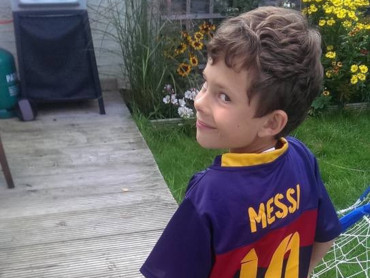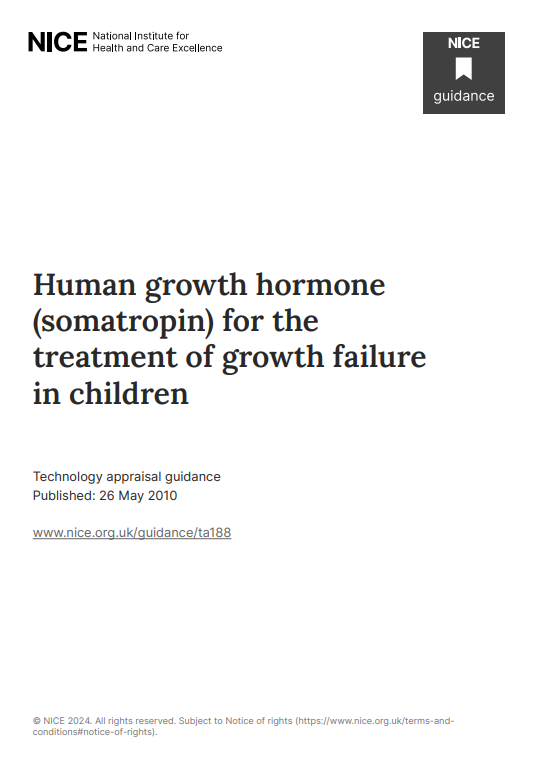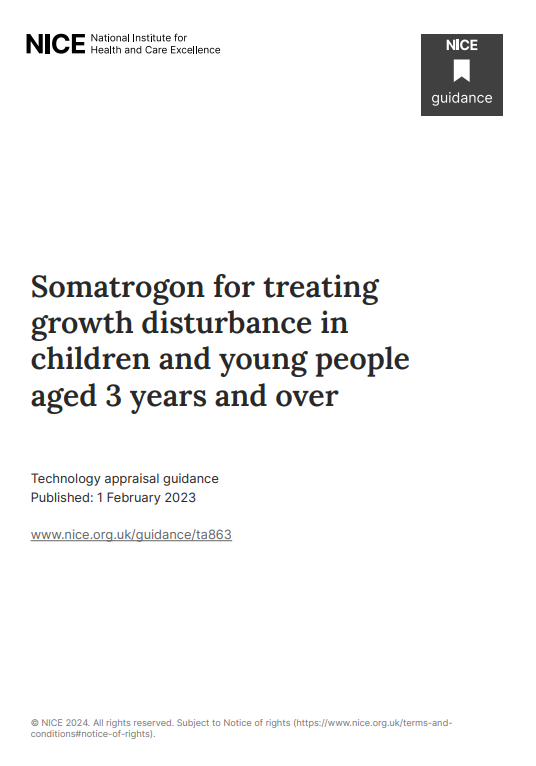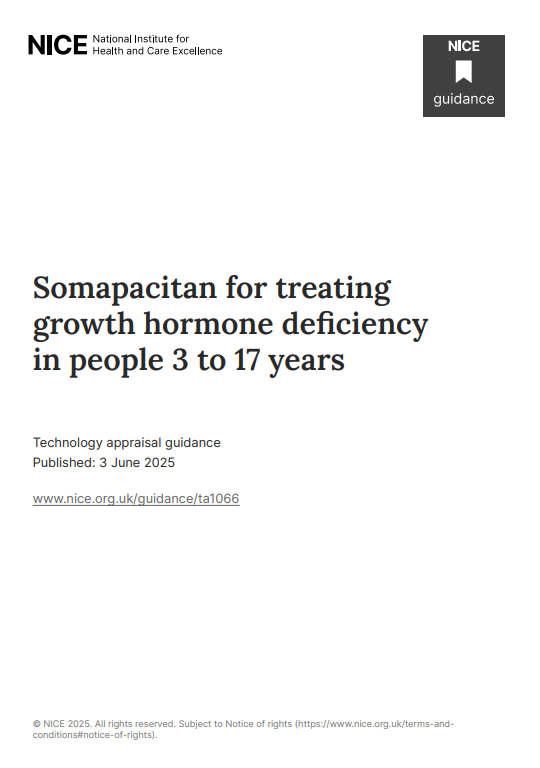Growth Hormone Deficiency (GHD)
What is Growth Hormone Deficiency (GHD)
Growth Hormone Deficiency (GHD) is a condition caused by a severe shortage of growth hormone, sometimes even a complete absence of growth hormone.
It affects between 1 in 3,000 and 1 in 10,000 people and the lack of the growth hormone will restrict the child’s growth resulting in a much lower than average height.
Why does it occur?
The exact reason for most occurrences of GHD is not known, therefore it is known as an idiopathic condition. GHD can be present at birth or develop later. Rarely, some types of GHD are inherited.
Growth hormone is released by the pituitary gland which is located in the brain. Potential causes of GHD could be the baby’s pituitary gland not developing properly during pregnancy, or head injury, tumours, radiotherapy or surgery later on in childhood.
How is GHD diagnosed?
There could be many reasons for slow growth or short stature and so a number of tests will be carried out to rule out other causes first.
If GHD is suspected the diagnosis is confirmed by measuring the level of growth hormone production in response to a stimulation test, which generally requires spending a few hours in hospital.
Signs and symptoms
GHD does not affect intrauterine growth, but usually from around the age of two, or occasionally from birth, growth is slower than normal.
A child with GHD will have short stature and look young for their age. However, their body will be in proportion and they will have normal facial features and intelligence. Prior to treatment children with GHD may be overweight as growth hormone also helps to reduce the amount of fat stored in the body.
Treatment and support
GHD is treated with a daily, or sometimes weekly, injection of growth hormone that replaces the hormone the body is failing to produce. During treatment it is important that height is monitored regularly and children will usually have blood tests and a bone age x-ray done once a year.
The endocrine team will go through any potential side effects of treatment before it begins and while side effects from growth hormone therapy are generally rare it is important to report any should they occur. Doses need to be given as prescribed and families should speak to their medical team if they are finding it difficult to give the injections. For most children treatment will result in them reaching the expected height for their family size.
Please consider contacting our nurse led Support Line for support and advice.
Facebook Support Group
The CGF run a number of closed Facebook groups, providing peer support for people directly affected by growth conditions, their parents, family and friends.
These groups are a fantastic support tool.
Click the image to find the GHD Facebook group.
Spotlight on: GHD
A spotlight on GHD was shared on our social media channels, and is available to read here on our website too.
Personal stories
Read some personal experiences and stories from people affected by GHD.


















